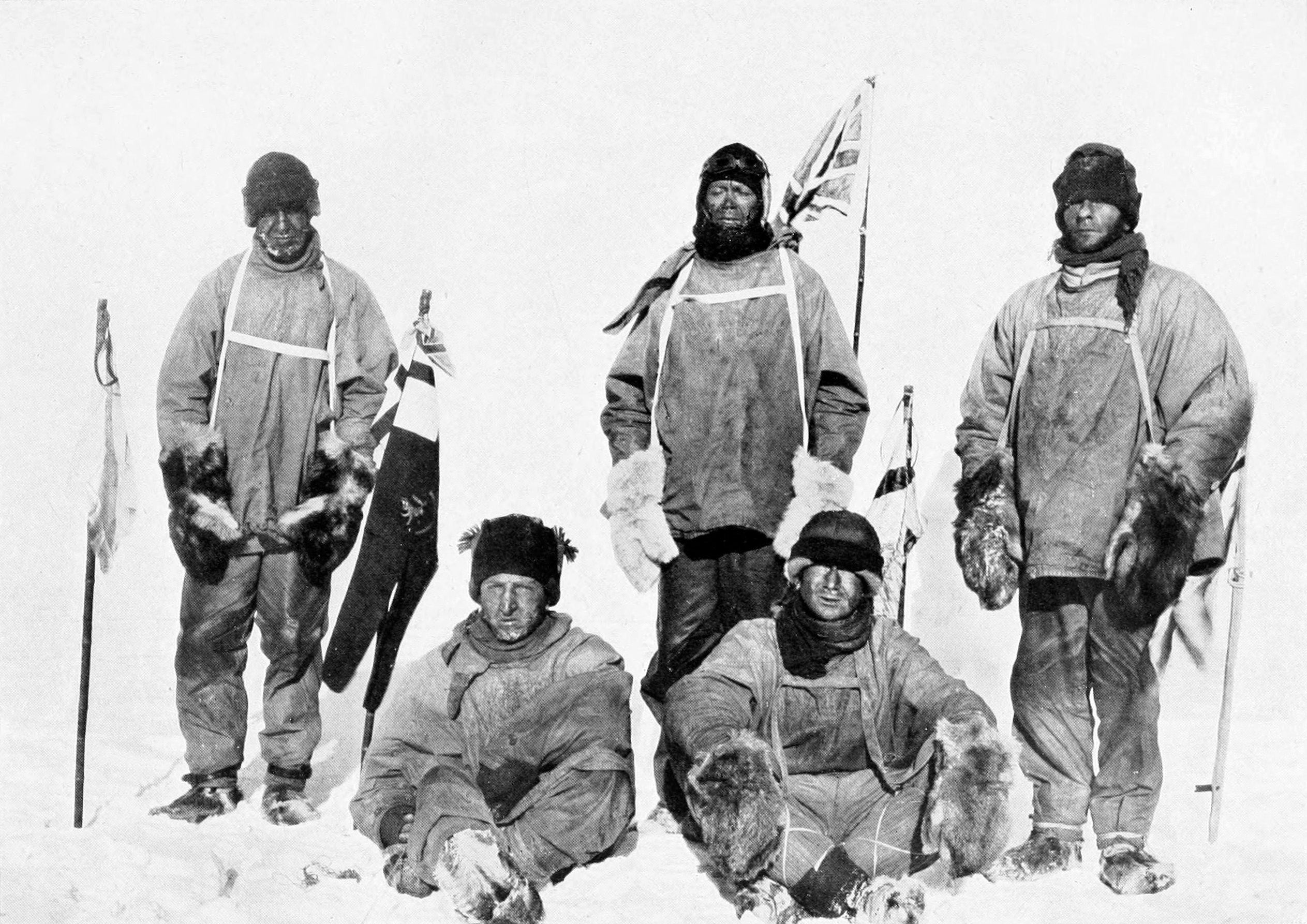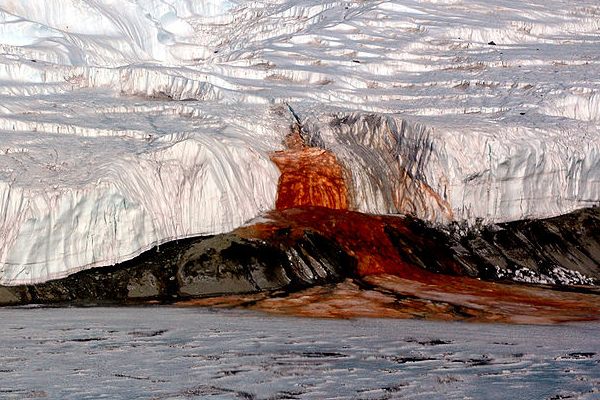Robert Falcon Scott’s Antarctic Expedition May Have Been Sabotaged
New evidence suggests his second-in-command was to blame.

A small group from a British Antarctic Expedition, led by Robert Falcon Scott, reached the South Pole on January 17, 1912. They arrived just 34 days after a Norwegian group led by Roald Amundsen. The small British team’s diaries and photographs, detailing their harrowing, and ultimately fatal, attempt to trek back to the ship were found by a search party eight months after their deaths on the ice. Scott’s poor planning has been cited as the reason the group failed to return, but new research may clear his name. Instead, it now appears that Scott’s second-in-command, Edward Evans, was to blame.
Scott had reservations about Evans early on in the expedition, at one point writing, “Teddy Evans is a thoroughly well-meaning little man, but proves on close acquaintance to be rather a duffer in anything but his own particular work.” He decided not to take Evans with him to the South Pole, and sent him back to their base, with orders to send a dogsled team to meet Scott’s group. But Evans was not so well-meaning on this trip back to the base. He apparently failed to send out the dogsled team, and at each food cache on the journey back, he ate more than his share, leaving little behind for Scott’s team.

In documents discovered by Chris Turney, a professor at the University of New South Wales, Evans’s delinquency is detailed. “The new documents suggest at the very least appalling leadership on the part of Evans or at worst, deliberate sabotage, resulting in the death of Scott and his four companions,” said Turney in a statement. “The documents also show how public records were altered in later recounts of the expedition and why a Committee of Inquiry into the expedition was rapidly shut down almost before it began.” Evans went on to become an admiral in the British Navy and sat in the House of Lords. He died in 1957.



















Follow us on Twitter to get the latest on the world's hidden wonders.
Like us on Facebook to get the latest on the world's hidden wonders.
Follow us on Twitter Like us on Facebook